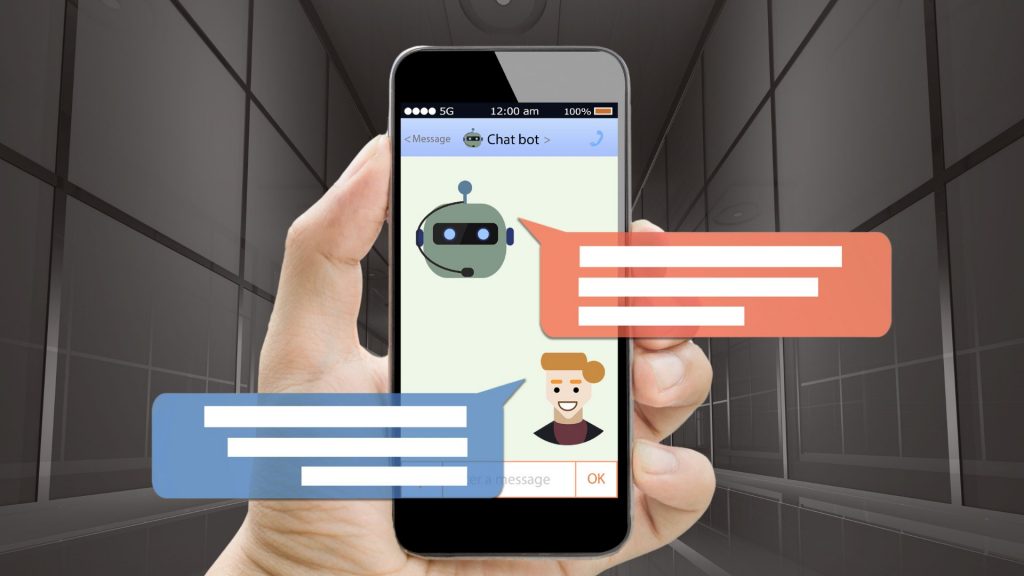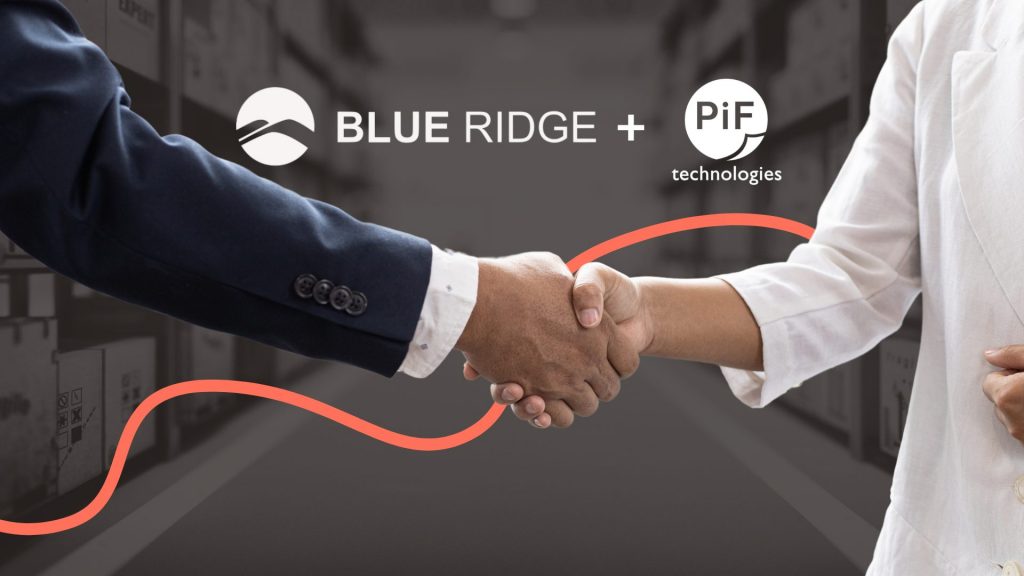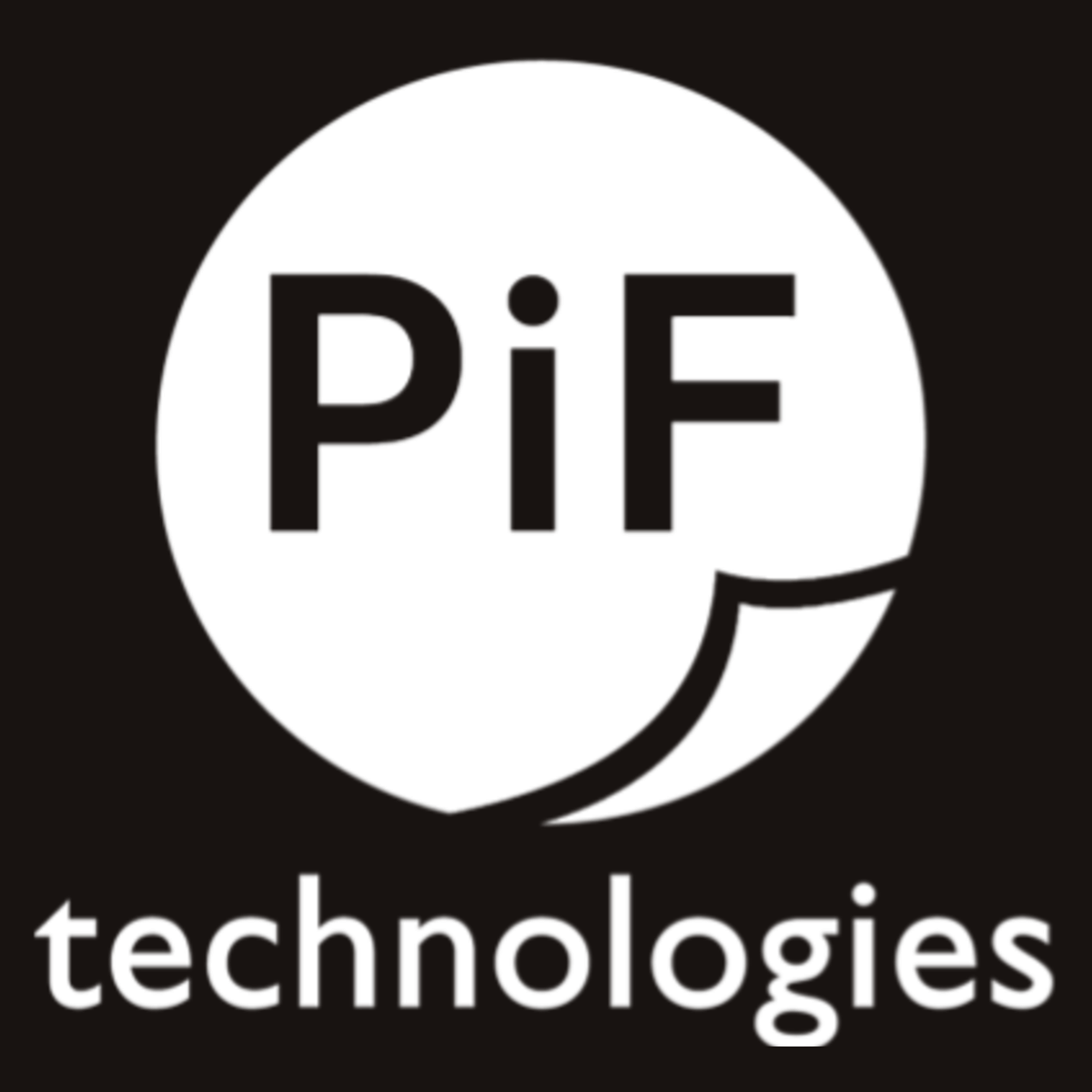Nearly every website, software tool, and app seems to offer Artificial Intelligence to some degree. Contrary to what many think of when imagining AI, most of these tools offered are more similar to the chatbots of the late 2000s, simply more advanced. These chatbots offer basic customer service, predetermined Q&As, and can complete basic functions. They can understand questions even when asked in varying formats. Most of these chatbots are considered to be predictive AI, relying on set prompts and, unsurprisingly, predictable responses. Generative AI, easily recognizable in the public eye in the form of ChatGPT, Dalle, and other models, focuses to generating new and original content. One could easily summarize the difference between the two as the analyst (predictive AI) versus the creative (generative AI).
Predictive AI is commonly used on the organizational level, but generative AI has been swiftly growing in among more casual users. Artificial Intelligence is evolving faster than we can keep up with it, and understanding these technologies, their risks, and their use cases can help organizations identify where to place their efforts.
Security Risks in Generative AI
One of the largest concerns is regarding data privacy breaches. Generative AI learns as it goes, using prompts and input to teach itself and constantly improve upon itself. Information that is input by someone into a generative AI engine is used to teach the AI technology, and in effect be utilized as another person’s output. This can potentially expose sensitive customer information or proprietary information. For example, if an employee enters a problem relating to a specific customer use case, or regarding specific details relating to your organization’s product, that information is then used by the AI as teaching material.
New generative AI models are cropping up regularly to appeal more to the average user. This means there are often security vulnerabilities within these newer models that can lead to the theft of proprietary data and operational disruptions due to adversarial attacks. While AI is an advanced technology, it isn’t perfect for autonomous decision-making by AI systems, and relying on AI exclusively for decision making can lead to unintended operational inefficiencies, financial losses, and safety hazards, while malicious actors can use AI to automate harmful activities that disrupt business processes and customer interactions.
AI misuse for malicious purposes can lead to financial fraud and operational disruptions. Businesses must address these risks by implementing robust security measures, regularly auditing and monitoring AI systems, developing ethical guidelines, educating employees, and ensuring compliance with legal and regulatory standards to protect their operations and reputation.
Obviously, these security risks can significantly impact businesses. While not always detrimental, like any security breach, lapses in judgment can lead to financial, reputational, and operational damage. For example, data privacy breaches can erode customer trust and result in hefty legal penalties for non-compliance with regulations like GDPR or CCPA.
Differences between Copilot and ChatGPT
Copilot and ChatGPT are AI-powered tools designed for distinct purposes and audiences. Copilot is a Microsoft AI model that was primarily developed to solve programming algorithms by debugging and suggesting code snippets, and integrates with Microsoft applications. Copilot is tailored for developers and programmers, integrating directly with code editors like Visual Studio Code to provide context-aware code suggestions, auto-complete functions, and generate documentation on-the-fly. It specializes in understanding and generating code across multiple programming languages, making it a seamless tool for software development.
On the other hand, ChatGPT is a general-purpose conversational AI aimed at a broad audience. It’s capable of engaging in a wide range of text-based tasks such as answering questions, providing explanations, generating content, and assisting with various inquiries. It can be used via web interfaces or integrated into various platforms through APIs, making it versatile for non-coding tasks. Where ChatGPT excels is within natural language processing, machine learning technology that gives computers the ability to interpret, manipulate, and comprehend human language. What does this mean? ChatGPT is excellent for building bots that engage in dialogue just like humans do.
While Copilot is based on OpenAI Codex and trained on public code repositories to understand coding patterns, ChatGPT is based on OpenAI’s GPT-3 or GPT-4 and trained on a diverse dataset from the internet to handle various language tasks. In short, Copilot generates code snippets and comments specific to programming, while ChatGPT generates conversational, explanatory, creative, or informative text, adapting to the context of the user’s query.
Differences between AskAI and ChatGPT
AskAI, a product of our partners at Encodian, uses the same power behind ChatGPT without the security risks of other generative AI models. AskAI allows users to use leading Large Language Models (LLM) for processing natural language queries, just like ChatGPT. It relies on the information in your own knowledge base to retrieve clear, concise and up to date information. You can expect the same power of generative AI, without the risk of exposing sensitive information to outside sources.
It simplifies the complexities of data queries. By using advanced natural language processing, AskAI makes data retrieval as simple as just asking a question. AskAI can provide precise answers or deliver data analysis, instantly, accurately, and securely. Because AskAI operates within your database, it integrates seamlessly with your Office 365 toolset.
Not only does it generate written information, it can also generate images, once again only using information pulled from your own knowledge base. Generate images from text and natural language using DALL-E 3 which understands significantly more nuance and detail than any previous AI system.
Implementing secure generative AI in your organization
Generative AI is growing in appeal, and its business applications make it a worthwhile investment for organizations. By being intentional and careful in what AI models your organization implements, you can avoid much of a risk associated with generative AI. AskAI is a wise choice for organizations that want to take advantage of generative AI but want to maintain security and control.
PiF Technologies can help implement AskAI in conjunction with Encodian’s entire suite of Microsoft enhancing tools. Learn how by completing the form below.







